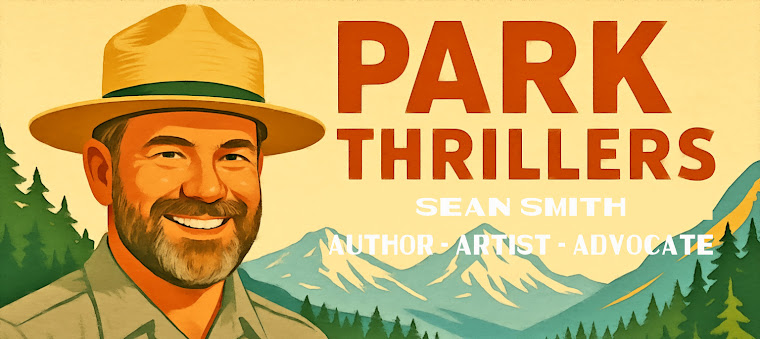A Zero-Dollar Valuation: The Quiet Erosion of Public Assets
Buried in the House rules (Sec. 3, Part 3, (2)(A-B)) is a provision that assigns a zero-dollar value to any federal land when considering its sale or transfer. This accounting gimmick makes it easier to dispose of land managed by the National Park Service, U.S. Forest Service, U.S. Fish and Wildlife Service, and Bureau of Land Management, by removing the need to account for the loss of federal revenue in budget calculations. Even more concerning: the rules authorize not just the sale of public lands—but allow Congress to give them away entirely.
Historically,
public lands have delivered immense economic value through outdoor recreation,
tourism, clean water, ecosystem services, and cultural preservation. By
stripping these lands of any monetary worth, Congress disregards their
contributions to the economy and the American identity. This shift sets a
dangerous precedent: once public land is handed to private interests,
reclaiming it becomes nearly impossible.
No Guarantees for Affordable Housing
Supporters
claim this policy is meant to address the housing affordability crisis. Yet,
the rules package contains no legal requirements ensuring the
transferred lands will be used for affordable housing. The only mention of such
a plan comes from a vague Wall Street Journal op-ed—hardly the foundation of a
sound national strategy.
Without
enforceable provisions, these lands could just as easily be used for commercial
development or high-end housing, doing nothing to lower costs for working
families. In fact, this approach could worsen inequality by enabling private
interests to profit from public land while leaving the root of the housing
crisis untouched.
Environmental and Recreational
Consequences
Beyond
economics and housing, the implications for conservation and public access are
equally alarming. Public lands often provide wildlife critical habitat, vital for
protecting biodiversity, and irreplaceable spaces for outdoor recreation. They
also safeguard watersheds, preserve cultural and historical landmarks, and
offer sanctuary for millions of Americans seeking connection with nature.
Transferring these lands to states or private entities introduces major risks. Management becomes fragmented, enforcement of environmental protections weakens, and conservation often takes a back seat to development. Mining, logging, and large-scale construction could soon replace forests, trails, and sacred landscapes.
What You Can Do to Protect Public
Lands
1. Contact your elected officials.
Call, write, or email your senators and representatives. Let them know you
oppose the devaluation and giveaway of public lands. If you live in one of
the following swing districts—where Republicans won tight races in districts carried by
Kamala Harris in 2024—your voice carries even more weight:
2. Speak up in local media.
Submit letters to the editor or opinion pieces to your local newspaper
supporting public lands and opposing this policy. Personalized, heartfelt
messages can resonate powerfully.
3. Amplify the message online.
Use social media to share this blog post and raise awareness. Post your own
experiences and photos from national parks and forests. Encourage others to
take action.
4. Support defenders of public lands.
Join or donate to non-profits dedicated to conservation, such as the National
Parks Conservation Association, The Wilderness Society, or local land trusts.
5. Get outside—and show it matters.
Visit national parks, forests, and wildlife refuges. Support local communities
that depend on public land tourism. Every visit demonstrates their value and
reminds decision-makers these places aren’t just lines on a map—they’re a
living legacy.
A Shift Against the Public Interest
This rules package represents a fundamental shift in national land policy—one that could have enduring negative consequences for the environment, the economy, and future generations' access to public lands. By treating these spaces as disposable and omitting any meaningful guardrails for their use, Congress is not solving problems; it's creating new ones.
Citizens have a right—and a responsibility—to demand better. Public lands belong to all of us, not to the highest bidder or most connected developer.
Public lands are more than real estate—they are shared spaces that define our national character. They offer economic value, cultural significance, environmental protection, and deep personal meaning for millions of Americans.
The new House rules may treat these lands as worthless, but we know better. Let’s act like it.
Let’s fight to protect what’s ours—before it’s gone.



